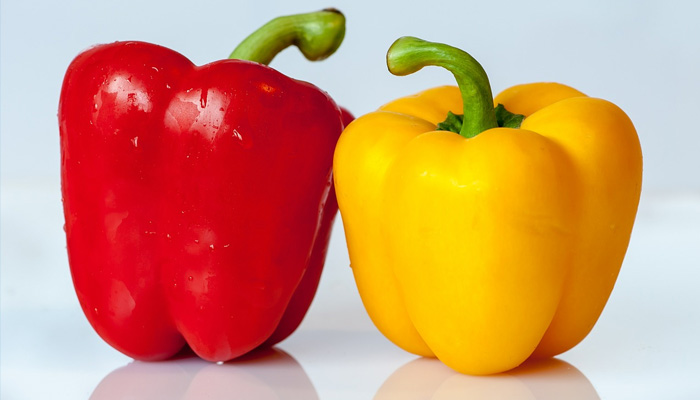
Cooking isn't just an art.
Explore topics ranging from heat and photosynthesis to bacteria, as you learn some secrets behind favorite foods and recipes.
All learners can discover the fun of cooking when they're making something delicious. Mix in science and math, and they become not just chefs but scientists and mathematicians.
Howtosmile.org has partnered with TV411.org to present activities related to six important cooking topics. These are beautifully (and tastefully) explained through video recipes starring Chef Jamika Pessoa from the TV411.org "What's Cooking" project. Use these videos to introduce science and math concepts, then extend the experience with aligned activities.
See what science fun you and your learners can whip up!
Cooking Topics
Select a science cooking topic to learn more.
Heat
"Peek into a hot oven and a microwave and watch molecules dance."
Cooking is more than just edible ingredients like fruits, vegetables, proteins, fats, and carbohydrates. Heat is a critical "ingredient" too, whether you're toasting bread, grilling meat, or baking apie. Try these activities to learn why browning makes meat taste so good, and how different foods react to heat.
